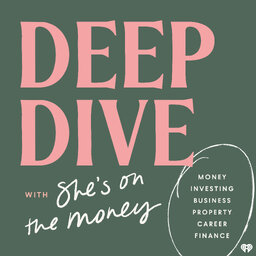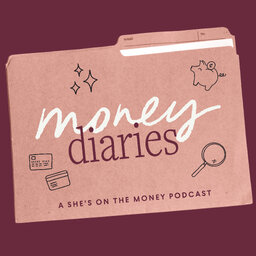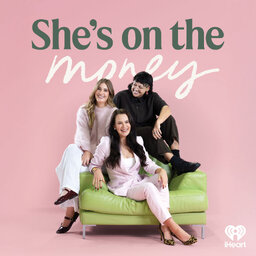When Cancer Changed Everything...
She's On The Money
Australia’s #1 finance podcast. Ready to take control of your money without the stress (or boring lectures)? This is the show for you. Hosted by award…After years of navigating life in rural communities on a single income, our family of six was on the path to financial security. But when our youngest daughter faced not one, but two battles with cancer at just three years old, our plans took a drastic turn. Now, with resilience as our foundation, we’re thriving in the city, teaching our children the value of investing, goal-setting, and the power of pivoting.
Acknowledgement of Country By Natarsha Bamblett aka Queen Acknowledgements.
The advice shared on She's On The Money is general in nature and does not consider your individual circumstances. She's On The Money exists purely for educational purposes and should not be relied upon to make an investment or financial decision. If you do choose to buy a financial product, read the PDS, TMD and obtain appropriate financial advice tailored towards your needs. Victoria Devine and She's On The Money are authorised representatives of Money Sherpa PTY LTD ABN - 321649 27708, AFSL - 451289.
In 1 playlist(s)
She's On The Money
Millennial money expert Victoria Devine shares her foolproof tips for financial freedom.Social links
Follow podcast
Recent clips

Is a Guarantor on a Property Loan a Smart Move? Plus, When Using Your Super Early Makes Sense
36:39

The Small Habits That Quietly Made Us Richer
28:44

The $75k Property Nightmare We Didn’t See Coming
40:42
 She's On The Money
She's On The Money